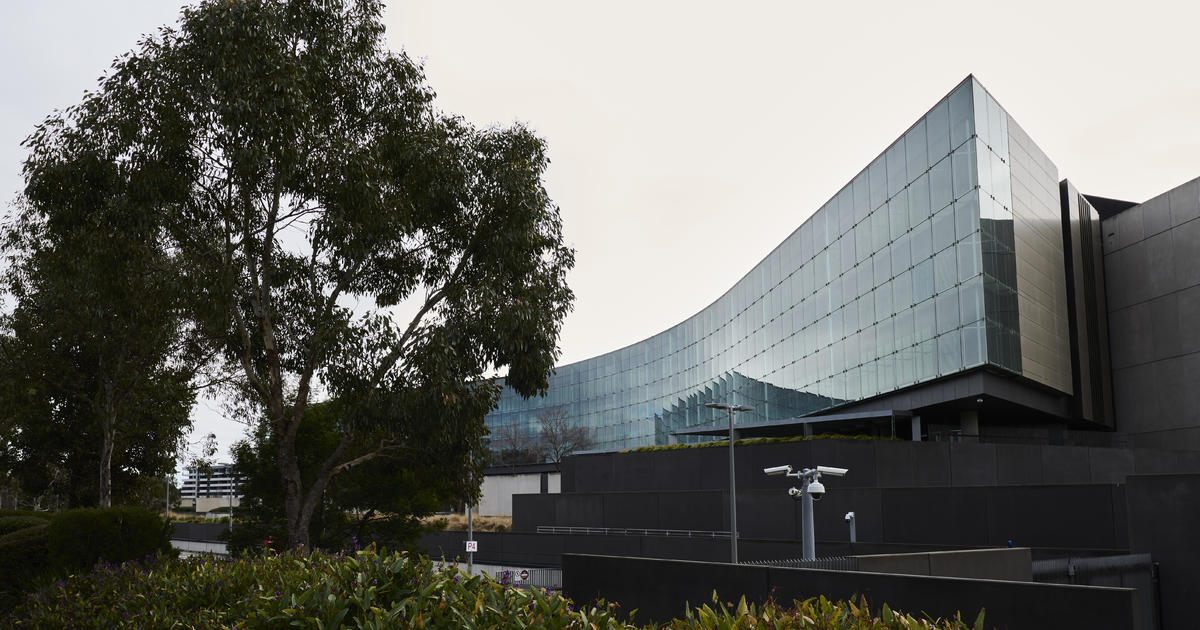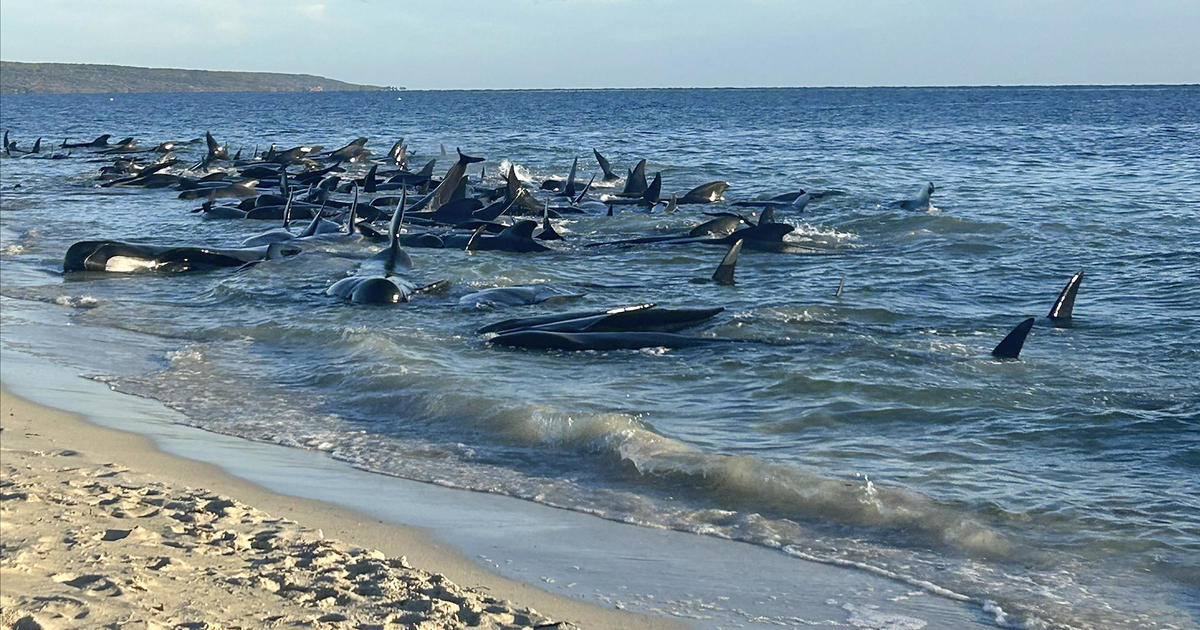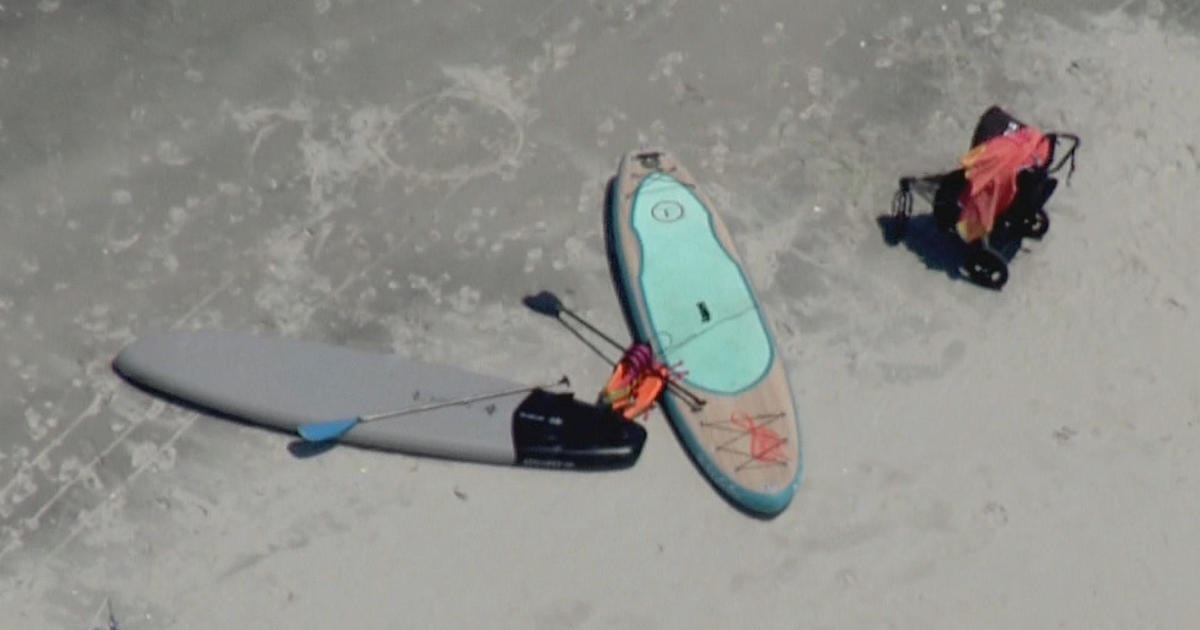[ad_1]
Australia’s government faced angry demands on Thursday to name a “traitor” former politician accused by Canberra’s top spy of having “sold out” the country to a foreign power.
In an extraordinary public revelation, Australia’s director-general of security Mike Burgess said a spy team from an unidentified country had cultivated and recruited a former Australian politician.
“This politician sold out their country, party and former colleagues to advance the interests of the foreign regime,” the spy chief said in a speech in Canberra on Wednesday.
Australia is a member of the “Five Eyes” intelligence-sharing group that includes the United States, Britain, Canada and New Zealand — making it a juicy target for operatives from countries such as China and Russia.
Burgess, who runs the Australian Security Intelligence Organisation, said the unidentified former politician had been recruited “several years ago.”
Bloomberg via Getty Images
The person had even proposed bringing a prime minister’s family member into the “spies’ orbit,” a plan that did not proceed, he said.
The former politician did, however, organize an overseas conference at which spies posing as bureaucrats targeted participants for recruitment, eventually obtaining security and defense information from an academic, Burgess said.
The remarks unleashed speculation in the media and demands for the former politician to be identified.
“The trouble is, if he does not indicate the name then there is a cloud hanging over everybody else,” conservative opposition leader Peter Dutton told Sydney radio station 2GB.
“If you are putting that detail out there as Mr. Burgess has done, I think it is incumbent to either give a little bit more criteria or a little bit more of a hint as to who the person might be.”
“The former politician is a traitor”
Former Australian conservative treasurer Joe Hockey said all lawmakers had been tainted by the revelation.
“The former politician is a traitor,” he told national broadcaster ABC.
It is “inconceivable” that the politician could be allowed to “walk off into the sunset without having their name, or their reputation revealed,” he said.
Burgess’s revelation had “besmirched” all politicians, said Hockey, who was also Australia’s ambassador to the United States for four years until 2020.
“He should not do that if he is not going to name that person — it’s absurd, it’s absolutely absurd.”
Hockey echoed that sentiment on social media, writing that Burgess “must name that person rather than potentially smear everyone who has served their country.”
Defence Minister Richard Marles said he did not know the name of the former politician.
“I respect what ASIO have done here in terms of putting this story into the public domain but also maintaining the confidentiality of the facts around this, and there could be a whole lot of reasons why that should happen,” he told reporters.
Treasurer Jim Chalmers said he would not “second guess” the ASIO boss.
“I know Mike Burgess, I work with Mike Burgess, and I know that he wouldn’t have said this without good reason, and he wouldn’t have couched it this way if he didn’t think that was absolutely necessary,” he said.
In his Canberra address, Burgess said a foreign intelligence service unit, dubbed “the A-Team”, had made Australia its “priority target”.
The unit had targeted Australians with access to “privileged information” on social networking sites using “false, anglicised personas” and promising cash rewards, he said.
“The spies pose as consultants, head-hunters, local government officials, academics and think tank researchers, claiming to be from fictional companies such as Data 31,” he said.
“If a target takes the bait, the spies try to move the conversation onto an encrypted messaging app. A further step might involve the offer of an overseas trip to meet in person.”
Burgess said he wanted to let the other country know that its spies had been rumbled and that the unit’s team leader had been confronted by Australia’s own spies.
According to the Reuters news agency, Australia introduced foreign interference laws in 2018, with former Prime Minister Malcolm Turnbull saying the “key purpose” of the legislation was to expose alleged Chinese interference.
ABC reported that Chinese-Australian businessman Di Sanh Duong was sentenced Thursday to nearly three years in jail for allegedly trying to influence a former federal minister, marking the “first person to be convicted of planning to commit an act of foreign interference.”
[ad_2]





